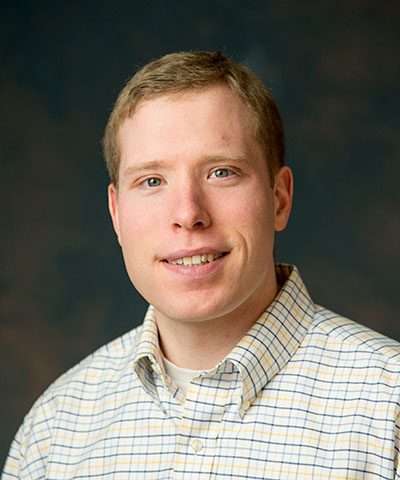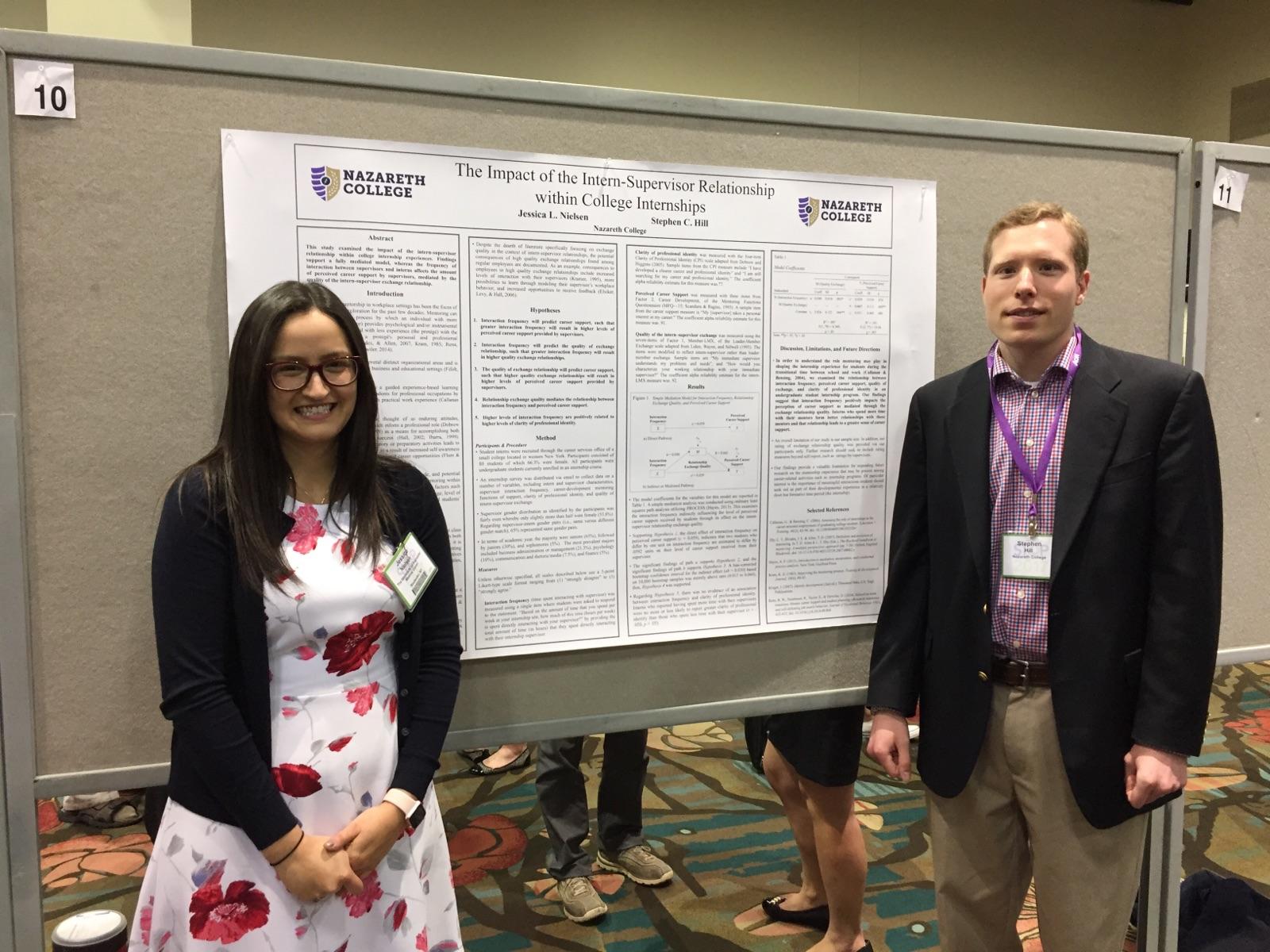Why industrial and organizational psychology?
“I have always been fascinated by psychology because it uses scientific methodology and principles to understand human behavior and thought processes. I was also drawn toward business, so I completed the Tuck Business Bridge Program, an intensive summer experience at Dartmouth College. I found that I really enjoyed business but wasn’t quite ready to let go of psychology. That is when I discovered a way to combine these two fields — industrial/organizational psychology. I could apply the principles from psychology to the behaviors of individuals in business.”
Defining industrial/organizational psychology:
“It is an in-depth look at how an organization operates and how the people interact inside its structure. We apply psychological principles to analyze workplace processes, decision-making, and organizational development.
For instance, when interviewing a new hire, the interviewer should understand the reasons why the company operates the way it does and what personality dimensions may enhance its success. Knowing this will help the interviewer identify which candidates have the highest potential of being strong match.
You could be a project manager delegating tasks or a consultant diagnosing and remedying a workplace issue; being able to identify the motivations behind behaviors is a useful skill to move productivity forward and avoid potential problems.”
The value of information:
“I often find students are interested in my field of study, but they may not have been properly trained to conduct extensive research. Scholarly articles are dense and can be difficult to digest. For this reason, I have my graduate students present academic scholarly articles to the class. Even if they don’t understand all of the information, there is always something that can be gleaned from the article. Over time their comfort level grows. My goal is to have students be mindful of their sources and thoughtful consumers of the information.”
Favorite assignment: organizational intervention proposal
“When a company decides to make significant changes, they will often employ an organizational consultant to determine the problem, identify solutions, and measure results. I have students go through that process of dissecting a problem at their workplace or previous workplace and proposing an intervention. For extra credit, I encourage students to present the completed analysis back to their employer to gain the real world practice.”

"You can learn something from every role, assignment, and experience if you are willing to invest the effort."
Research: Retirement work for police officers
Hill’s dissertation examined the factors that influence whether police officers retire in their 40s, as is offered in law enforcement, and what influences what work they do next. He co-authored a related article in The International Journal of Aging and Human Development.

Research with students
Jessica Nielsen ‘16G and Hill presented a research poster titled, “The Impact of the Intern-Supervisor Relationship within College Internships,” at the Society for Industrial and Organizational Psychology Conference.